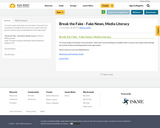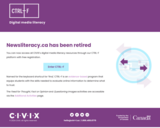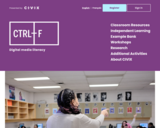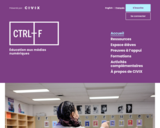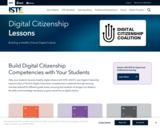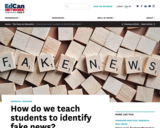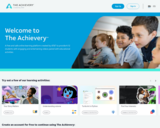
This site has a series of pre-made free lesson plans that are ready to teach right away. MATH, ELA, SCIENCE, SEL, CAREER, ART, DIGITAL LITERACY, TECH, STEM
They have clips of popular movies and TV shows built right in - and you are allowed to use them bc the site is made by AT
&T and Warner Bros.
"The Achievery helps connect students to a new world of digital learning through stories that spark curiosity and content that entertains as well as teaches."
Don't miss checking this one out! You can use the filters to find exactly what you need.
Copy and paste this url into a browser to watch a short 1 min intro video - https://youtu.be/w-y0u82ps3o
You will have to sign up to access the lessons but it's totally worth it.
- Subject:
- 21st Century Competencies
- Arts Education
- Career & Work Exploration
- Computer & Digital Technologies
- Education
- Educational Technology
- English Language Arts
- Graphic Arts
- Health & Fitness
- Health Education
- Health Science
- Math
- Practical & Applied Arts
- Science
- Visual Arts
- Material Type:
- Activity/Lab
- Lesson
- Author:
- The Achievery
- Date Added:
- 03/11/2024


